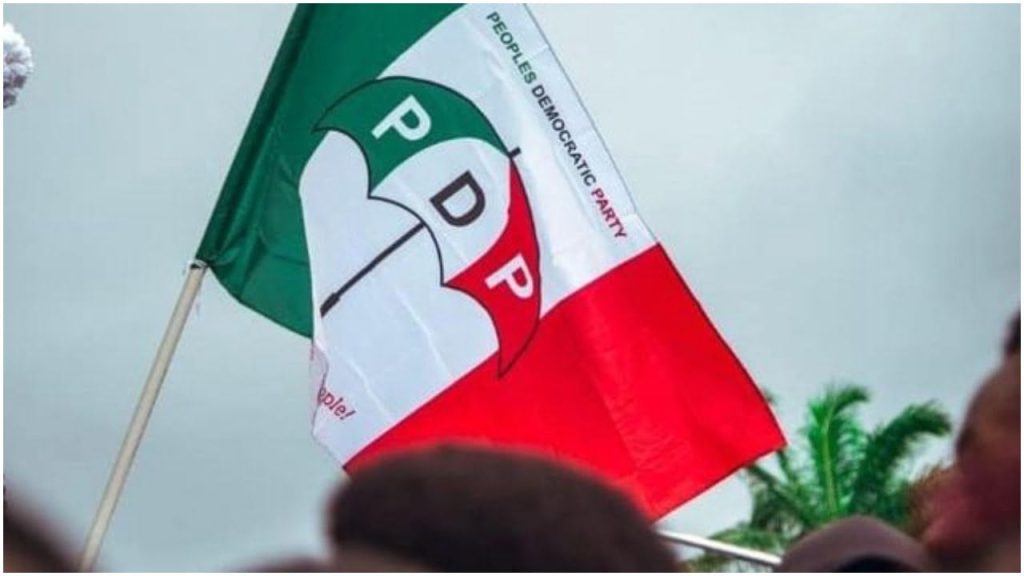The Nigerian budgetary process has once again come under scrutiny, with renewed calls for the abolition of constituency projects. Segun Sowunmi, a prominent PDP chieftain and former spokesperson for Atiku Abubakar’s presidential campaign, has vehemently criticized these projects, labeling them as a breeding ground for budget padding, corruption, and a blatant duplication of executive functions. His argument centers on the inherent conflict of interest created by these allocations, which compromise the National Assembly’s independence and ability to effectively oversee the executive branch. Sowunmi’s concerns are echoed by BudgIT, a civic-tech organization dedicated to budget transparency, which has documented the insertion of thousands of projects, totaling trillions of Naira, into the 2025 national budget with questionable justification. This practice, he argues, erodes public trust and undermines the integrity of the entire budgetary system.
BudgIT’s report paints a stark picture of the scale of these insertions. Over 11,000 projects, amounting to nearly N7 trillion, were added to the 2025 budget, representing a significant portion of the total allocation. Among these were hundreds of projects exceeding N5 billion each, totaling over N2 trillion, with minimal justification provided. This raises serious questions about the transparency and accountability of the process. The report further details the allocation of billions more to specific federal constituencies and senatorial districts, reinforcing the perception that these projects serve primarily as tools for political patronage rather than genuine development initiatives. This practice not only distorts the budgetary process but also raises concerns about the equitable distribution of resources and the prioritization of national needs.
Sowunmi’s critique of constituency projects hinges on their detrimental impact on legislative oversight. He argues that the practice of lawmakers lobbying ministries and agencies for contracts creates a symbiotic relationship that undermines their ability to independently scrutinize the executive’s actions. This compromises the principle of checks and balances, a cornerstone of democratic governance. The pursuit of constituency projects, he suggests, transforms legislators from watchdogs into collaborators, blurring the lines of responsibility and accountability. This, in turn, weakens the National Assembly’s ability to hold the executive branch accountable for its spending and performance.
Originally intended as a means for lawmakers to address specific needs within their constituencies, these projects, according to Sowunmi, have been drastically misused. He contends that they have become a mechanism for political patronage and personal enrichment, diverting funds away from essential development programs. Instead of serving the public good, these projects often serve the narrow interests of politicians, further fueling public cynicism about the government’s commitment to development. This diversion of resources, he argues, hinders progress on critical national priorities and perpetuates the cycle of underdevelopment.
Sowunmi advocates for a complete overhaul of the system, urging the Federal Government to abolish constituency projects altogether. He proposes redirecting these funds towards more impactful and sustainable development programs that benefit the wider population. This, he believes, would restore public trust in the budgetary process and ensure that resources are allocated based on national needs rather than political expediency. By eliminating this source of potential corruption and conflict of interest, Sowunmi argues, Nigeria can move towards a more transparent and accountable system of governance.
In conclusion, the debate surrounding constituency projects highlights fundamental questions about the integrity and effectiveness of Nigeria’s budgetary process. Critics argue that these projects, while ostensibly intended for local development, have become a tool for political maneuvering and self-enrichment, undermining legislative oversight and eroding public trust. The calls for their abolition reflect a growing demand for greater transparency, accountability, and a more equitable distribution of resources in the pursuit of genuine national development. The ongoing controversy underscores the urgent need for reforms that prioritize the public interest and strengthen the institutions of democratic governance.


